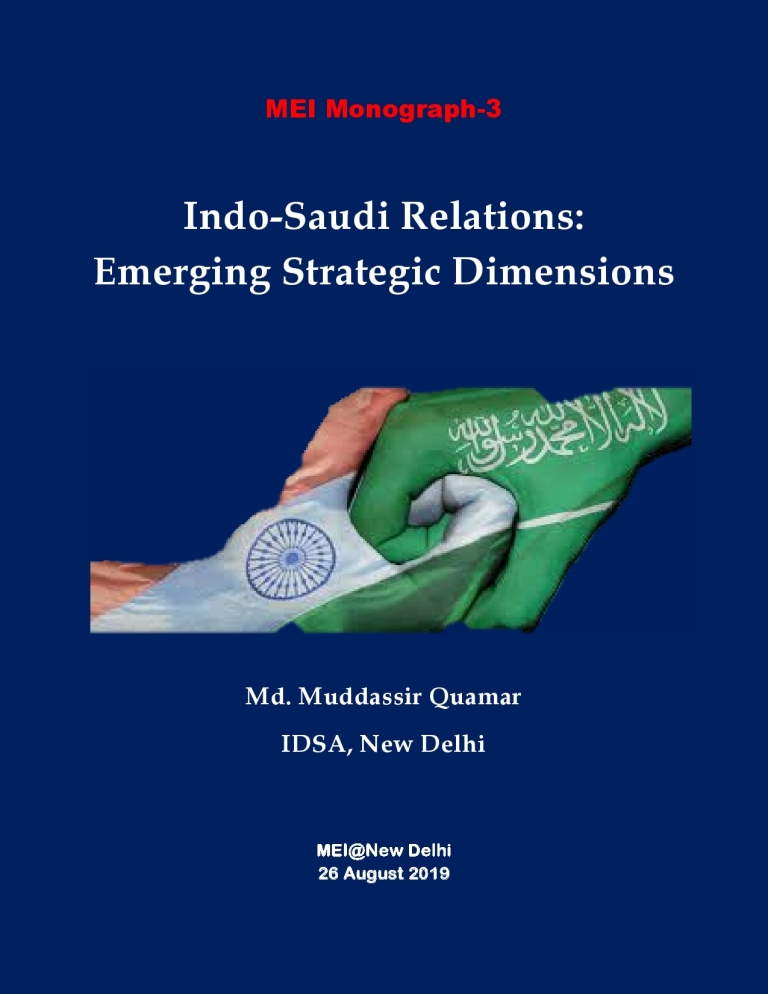Breaking
- MENU
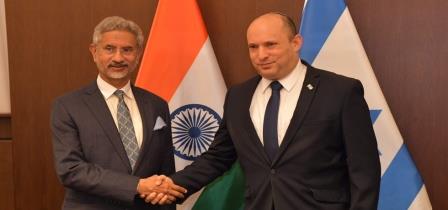
External Affairs Minister S. Jaishankar’s visit to Israel signifies the burgeoning Indo-Israeli relations. The fact that it is a five-day visit (October 17-21) underlines the expanse of bilateral ties that have flourished in recent years to include unconventional areas like agriculture, irrigation, science and technology, cybersecurity, river cleaning and above all healthcare. Besides the bilateral engagement, the EAM held a virtual quadrilateral meeting with foreign ministers of Israel, the United States and the United Arab Emirates. This is indeed a significant development for the four ministers who emphasized on the need for better coordination and cooperation among these nations for improving the quality of life of its people. Among the important issues that were discussed were to improve business opportunities and the need to work towards combating climate change and cooperation in areas such as renewable energy and fighting environmental degradation.
It is important because of a variety of reasons. Firstly, this signifies that India is ready to be incorporated into the Abraham Accords framework which is significant for India’s engagement with the Middle East. A number of analysts and scholars have, since the announcement of the Abraham Accords by the Trump administration in August 2020, underlined the opportunities it offers for India, both in terms of improving its multilateral engagement with Israel and the UAE, both important regional partners for India. The fact that these two are among the leading regional countries in terms of their ability to harness capital and technology for development was underlined as an important attraction for India which under Prime Minister Narendra Modi has seen a greater push for economic growth and improving business climate through external partnerships.
Besides, there is another important factor, that is connectivity for trade and business. New Delhi has in recent years emphasized on developing relations with the Gulf and West Asian countries to enhance economic cooperation. However, one of the lacunae is the problem with regard to connectivity to go beyond the Gulf. With the change in the regional strategic environment after the signing of the Abraham Accords, the political barriers for developing a seamless connectivity from India to the Mediterranean through the Gulf and Levant is no longer a problem. With the Indian participation, the incentive for UAE and Israel to improve trade and connectivity enhances manifold not only because of the scale of the Indian market but also because India can be a binding force for other regional countries, such as Egypt, Jordan and Saudi Arabia, to join hands and work for better connectivity.
Finally, there is strategic significance to the meeting. At a time, when the global order is going through a phase of transition and Washington is looking to reduce its commitments in the Gulf and West Asia, and China and Russia are seen as the only viable alternative, India’s greater engagements in the region offers an opportunity for the regional actors to look beyond Moscow and Beijing. The fact that India has traditional strong relations with the regional countries and that the US is willing to be part of a multilateral process underlines the strategic possibilities it offers.
The first quadrilateral meeting between India, Israel, UAE and the US on the occasion of Dr. Jaishankar’s visit to Israel underlines the shifting strategic landscape in West Asia and signifies a new momentum in India’s policy towards the region.
Note: This article was originally published in Financial Express on 19 October 2021 and has been reproduced with the permission of the author. Web Link
As part of its editorial policy, the MEI@ND standardizes spelling and date formats to make the text uniformly accessible and stylistically consistent. The views expressed here are those of the author and do not necessarily reflect the views/positions of the MEI@ND. Editor, MEI@ND: P R Kumaraswamy

Md. Muddassir Quamar is an Associate Fellow in Manohar Parrikar Institute for Defence Studies and Analyses, New Delhi. He holds a Ph.D. in Middle East studies from Jawaharlal Nehru University and his doctoral thesis focused on social dynamics in Saudi Arabia in the context of the tensions between two seemingly non-harmonious trends; Islamization and modernization. He has a broader interest in Gulf societies, political Islam, Middle East geopolitics and India’s relations with the Middle East. He has co-authored two books India’s Saudi Policy: Bridge to the Gulf (Palgrave Macmillan, 2019) and Persian Gulf 2019: India’s Relations with the Region (Palgrave Macmillan, 2020). He is currently working on a manuscript on education reforms in Saudi Arabia. He has co-edited four anthologies, including Changing Security Paradigm in West Asia: Regional and International Responses (Knowledge World, 2020), Political Violence in MENA (Knowledge World, 2020), Islamic Movements in the Middle East: Ideologies, Practices and Political Participation (Knowledge World, 2019) and Contemporary Persian Gulf: Essays in Honour of Gulshan Dietl, Girijesh Pant and Prakash C. Jain (Knowledge World, 2015). His research papers have appeared in leading international journals such as Asian Affairs, Strategic Analysis, India Quarterly, Contemporary Arab Affairs, Digest of Middle East Studies, Journal of Arabian Studies and Journal of South Asian and Middle Eastern Studies. As part of his project in MP-IDSA, Dr. Quamar authored a monograph on Erdogan’s Turkey: Politics, Populism and Democratisation Dilemmas. Since 2018, he has served as the Book Review Editor for Strategic Analysis, the flagship journal of MP-IDSA published in association with Taylor & Francis. In May 2020, he edited an MEI Monograph Middle East Fights Covid-19: A Fact Sheet with contributions from students pursuing Masters in IR in JNU. He regularly contributes Op-Ed articles on developments in the Persian Gulf, Middle East and India’s relations with the region for Indian and international forums. In 2014-15, he was a Visiting Fellow at the King Faisal Center for Research and Islamic Studies, Riyadh. Dr. Quamar has been associated with the Middle East Institute, New Delhi, in various capacities since its foundation and serves as Associate Editor of its flagship journal, the Contemporary Review of the Middle East published by Sage, India.
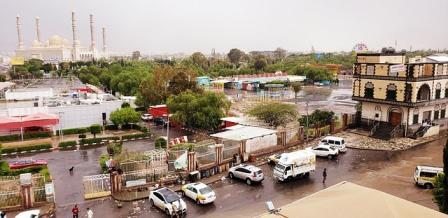
On January 17, 2022, the United Arab Emirates (UAE) was rocked by two attacks after drone attacks ta.....

Within a span of just over a year since the announcement of the Abraham Accords, between Israel and .....
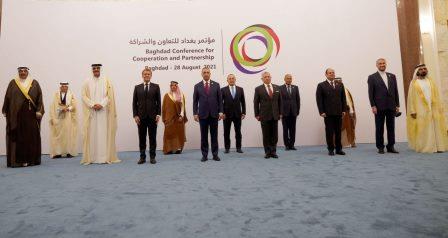
On 28 August 2021, Iraq hosted the first “Baghdad Conference for Cooperation and Partnership&r.....
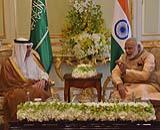
Recent developments in Afghanistan–the US military withdrawal and return of Taliban– has.....
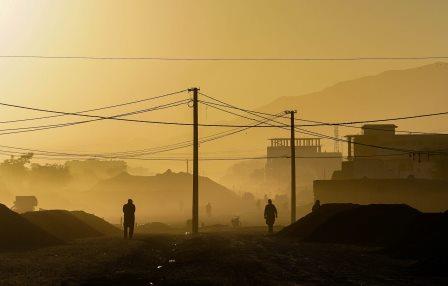
The Taliban takeover of Afghanistan has wider ramifications for the world. Among the key questions t.....
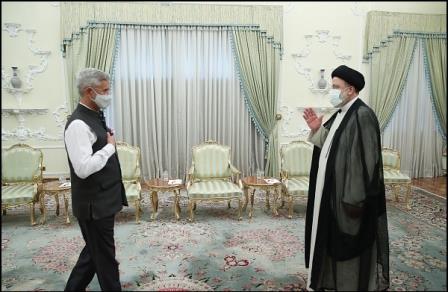
External Affairs Minister S. Jaishankar attended the swearing-in ceremony of the new Iranian preside.....
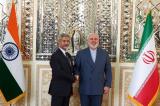
The revitalisation of ties with Iran will remain confined to the immediate issue of shared interests.....

Israel and Hamas have engaged in fighting each other since 2006 when Hamas emerged victorious in the.....
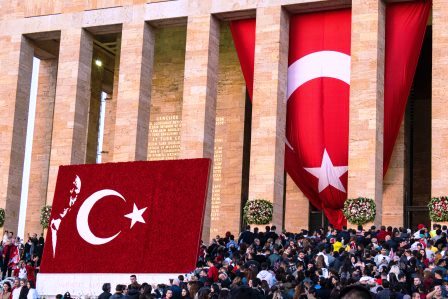
Tensions have gripped the Eastern Mediterranean (East Med) for the past few months owning to differe.....
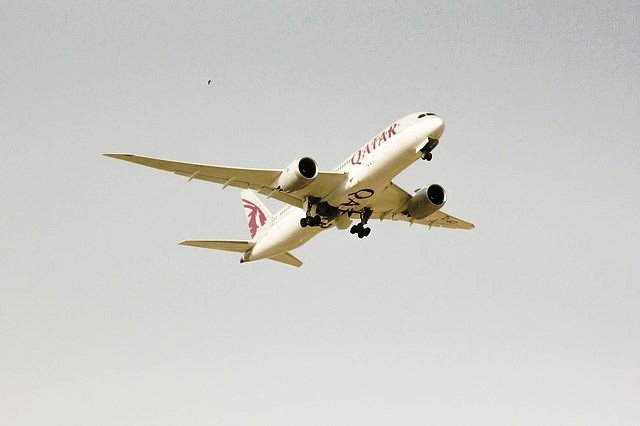
Qatar is an important country in the Gulf with which India has traditionally had strong bilateral ti.....
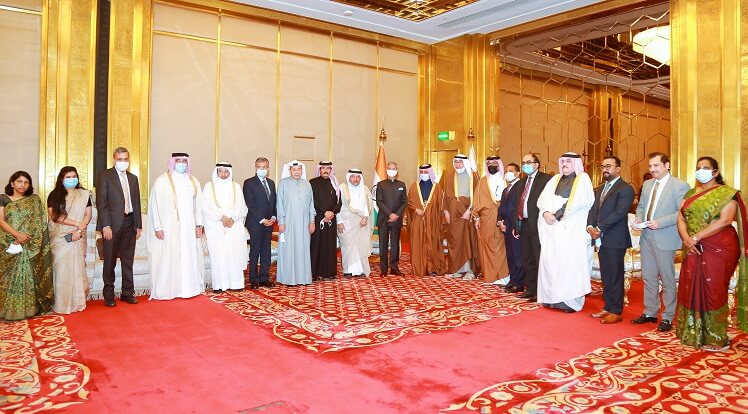
International geopolitical developments and the growing chances of friction between the global power.....
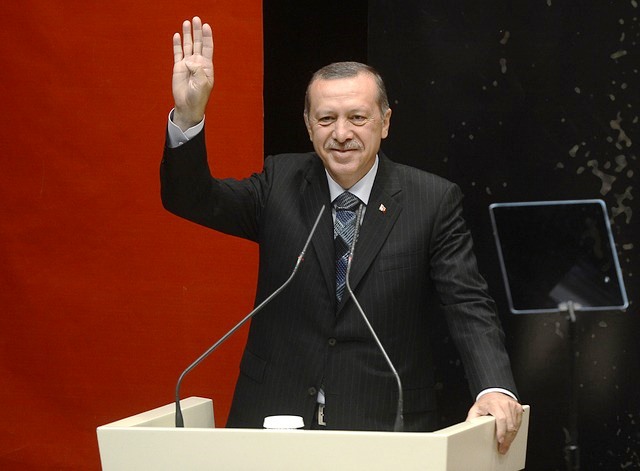
In recent years, Turkey’s foreign policy has attracted scrutiny because of its aggressive post.....
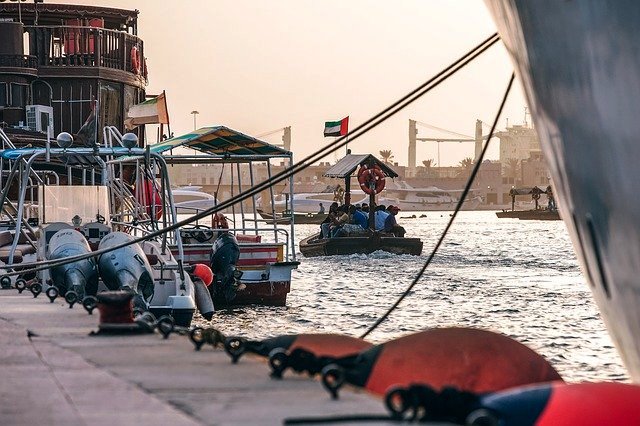
India and the United Arab Emirates share a vision for peace and prosperity. Under the leadership of .....
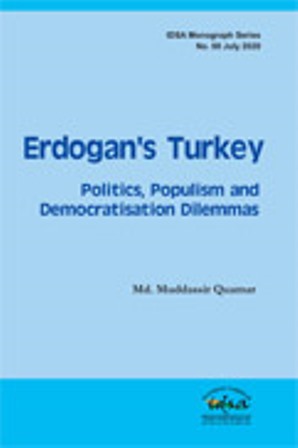
The coming to power of the AKP is one of the defining moments in the history of modern Turkey. Here .....

Though the news of China and Iran entering into US$400 billion agreement and Iran going ahead with C.....
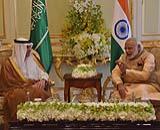
India’s relationship with the Gulf has witnessed a qualitative transformation since the August.....
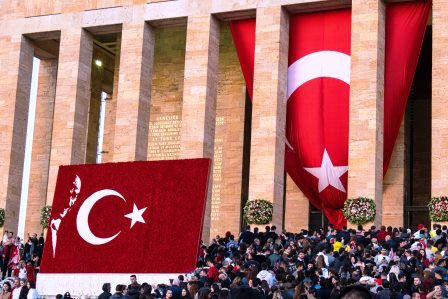
The results of country-wide municipal elections in Turkey held on 31 March 2019 threw a few surprise.....

Like other parts of the world, West Asia (or the Middle East) too is hit hard by the spread of COVID.....

Iraq is suffering from internal divisions and external interventions for long. The problems of the p.....

The West Asia is one of the most volatile and conflict-ridden regions in the world today. Given the .....
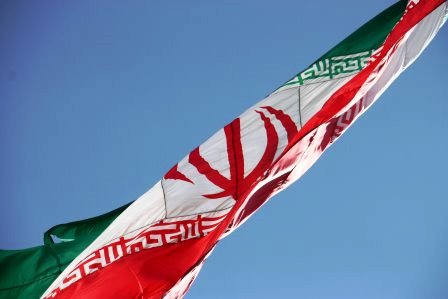
In the Persian Gulf, the New Year began with a bang. On January 3, the world woke up to the news of .....
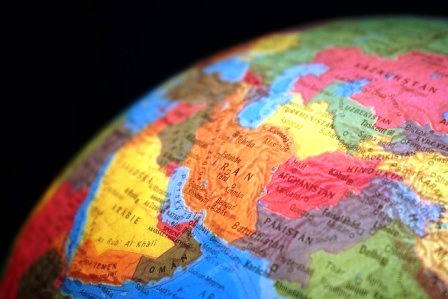
Major General Qassem Soleimani, commander of the elite Quds Force of the Iranian Revolutionary Guard.....

For over two months, youth in Iraq are protesting against corruption, unemployment and Iranian and A.....

The historic relations between India and the Gulf countries have undergone a qualitative transformat.....
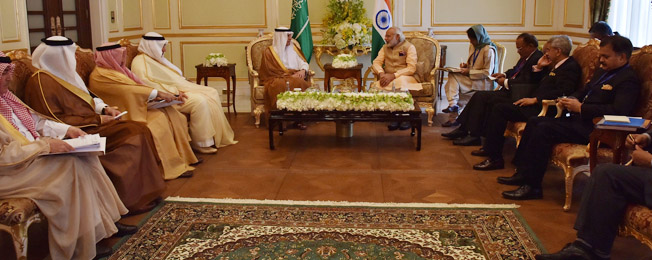
India and Saudi Arabia enjoy traditional friendly ties. Both are strategic partners and are working .....
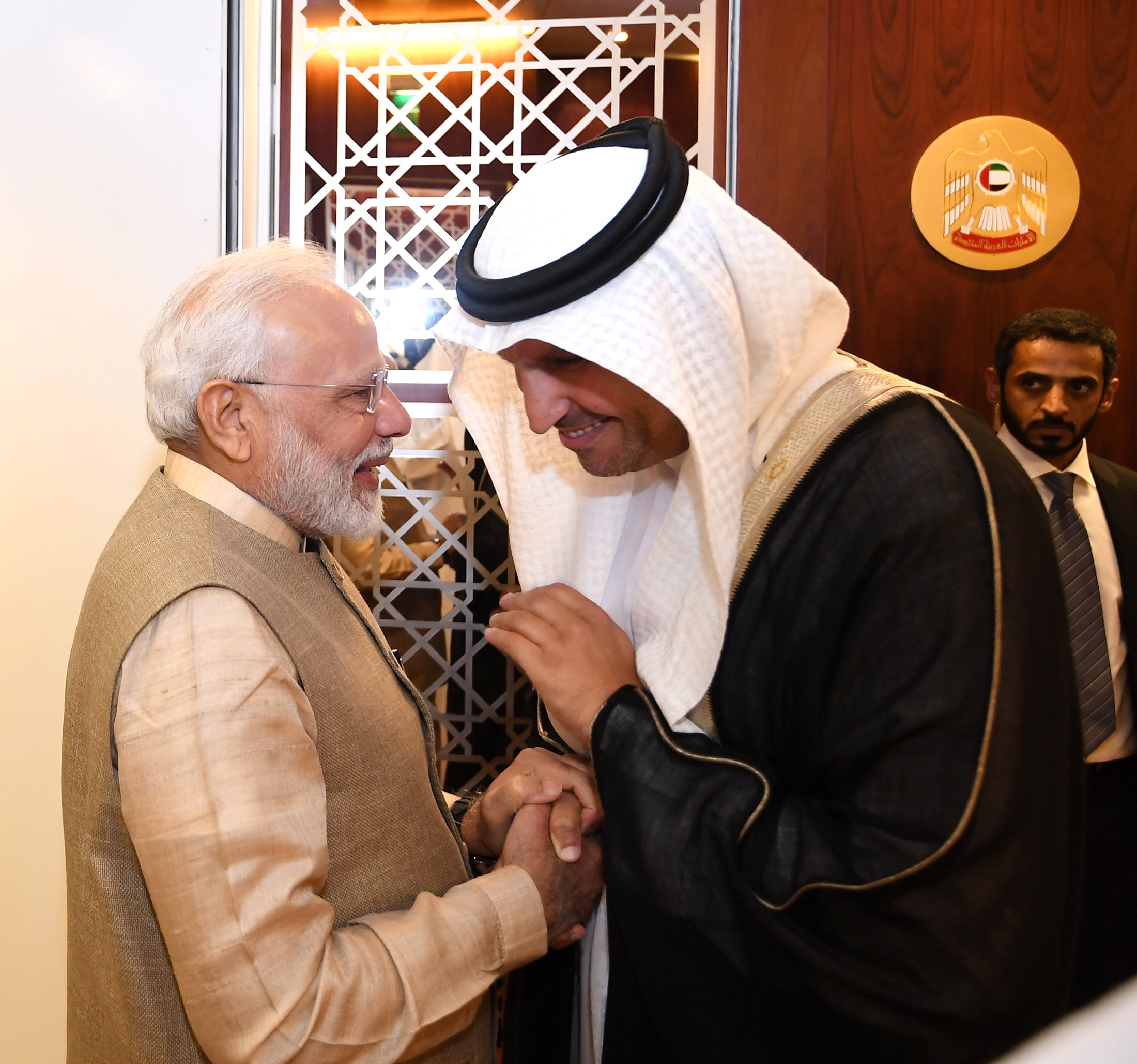
Prime Minister Narendra Modi undertook a visit to the UAE and Bahrain over the weekend. This was his.....
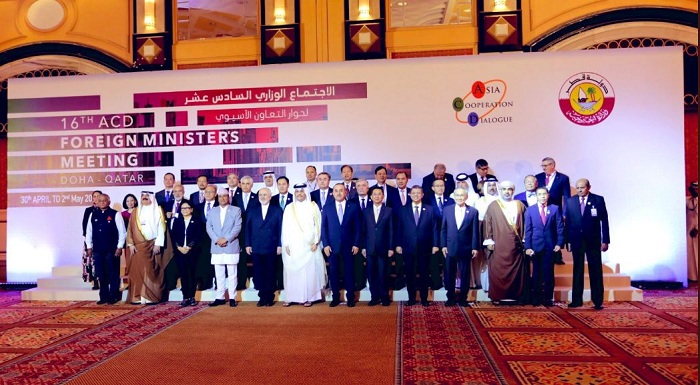
The 16th Ministerial meeting of the Asia Cooperation Dialogue (ACD) took place in Doha this week. Th.....
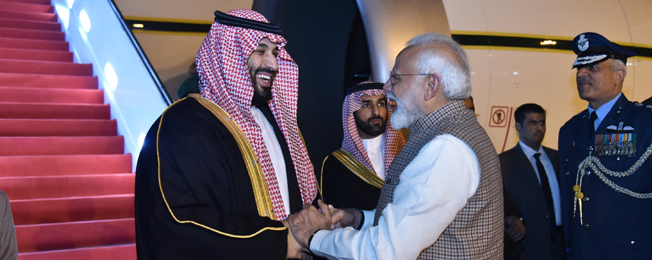
India’s relationship with the Gulf has witnessed a qualitative transformation since the A.....
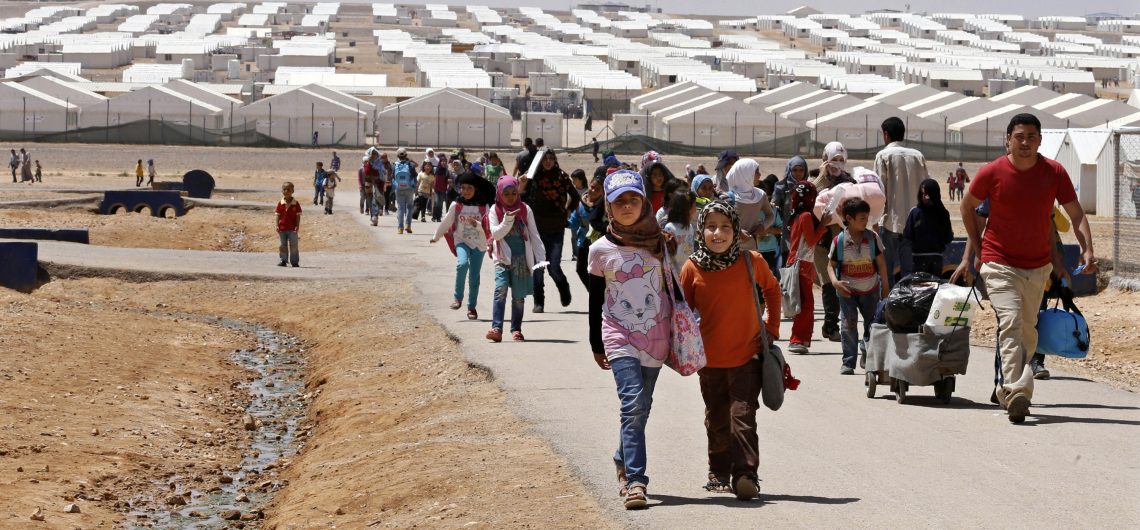
On March 24, 2019, the US-backed Syrian Democratic Forces (SDF) announced the capture of Baghouz, a .....
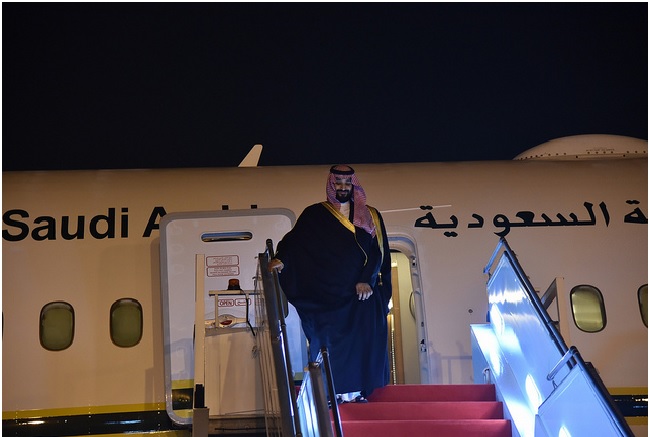
The visit of Saudi Minister of State for Foreign Affairs Adel al-Jubeir to New Delhi; close on the h.....
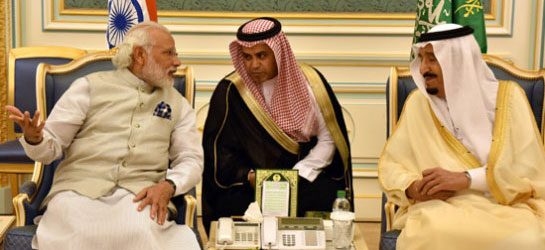
India and Saudi Arabia have increased defence and security cooperation in the fields of combating te.....
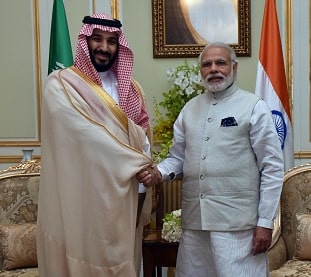
Economic and social reforms have emerged as the focus area in Saudi Arabia under the leadership of K.....

The US and Turkey are back on collision course over the Kurdish question in northern Syria. The late.....
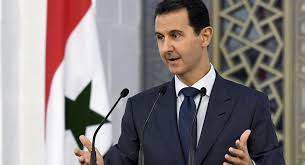
The Civil War in Syria has ravaged the country, took the life of nearly 500,000 people and has force.....

